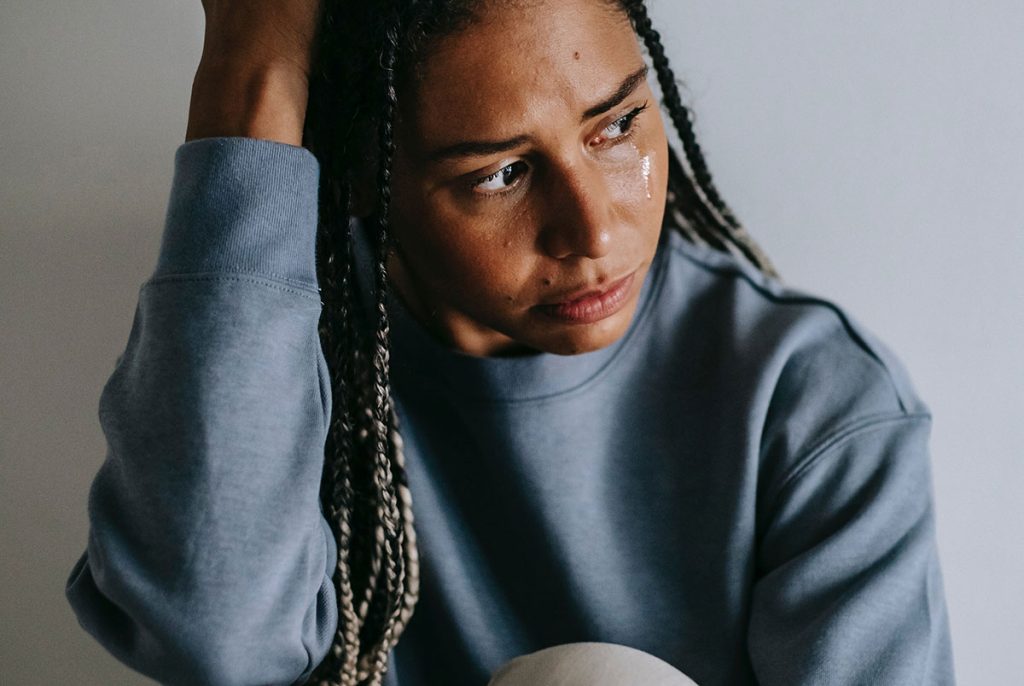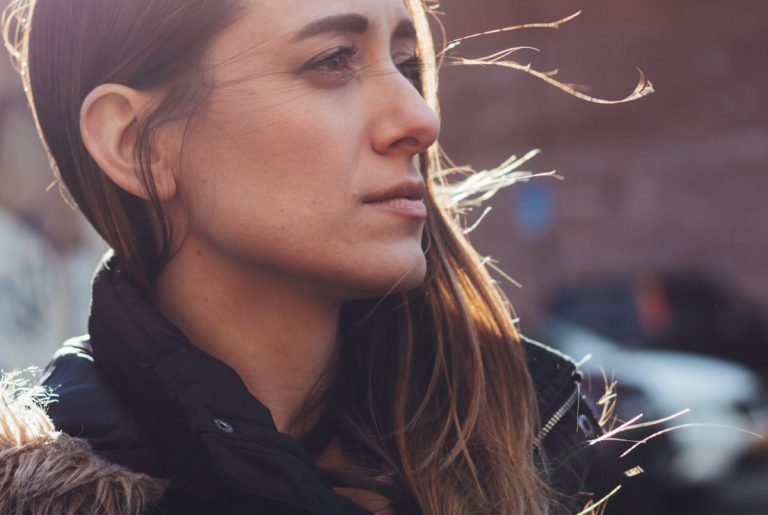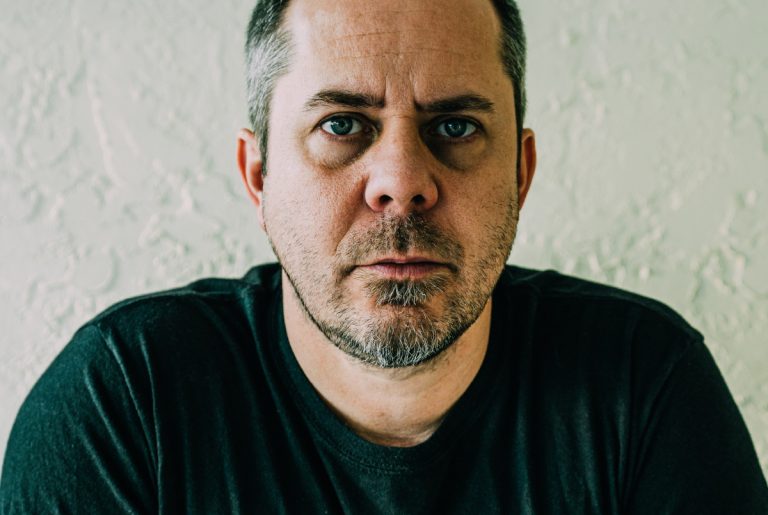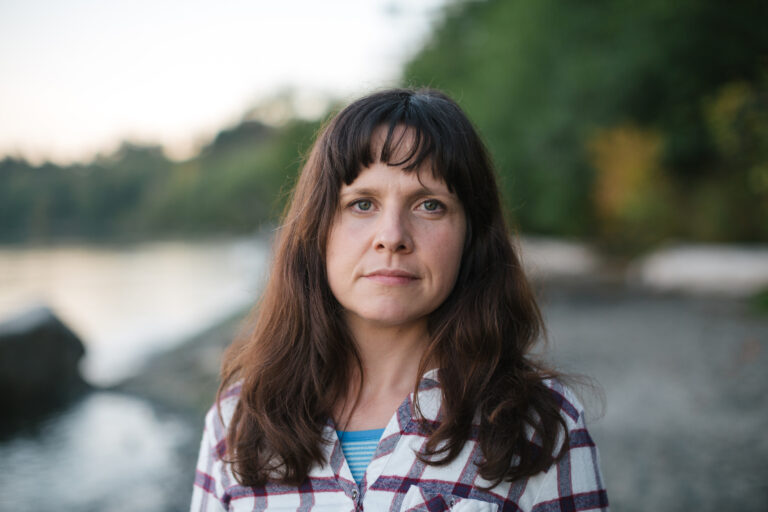Overview
Who It's For
We support adults, young people, and children who have lived with domestic and family violence, whether their experience is ongoing, happened recently or occurred several years ago.
How We Help
Our counsellors will give you the space to talk through your experiences as and when you are ready, with the aim to regain your confidence as you move forward.
What to Expect
Our appointments are available face-to-face or online, and last between 60 and 90 minutes. Your counsellor will work with you to determine how many sessions you need.
Those going through domestic and family violence often experience:
We recognise that everyone’s experiences are different. Our experienced counsellors will work with you to determine a customised approach for your unique situation.
What you’ll take away:
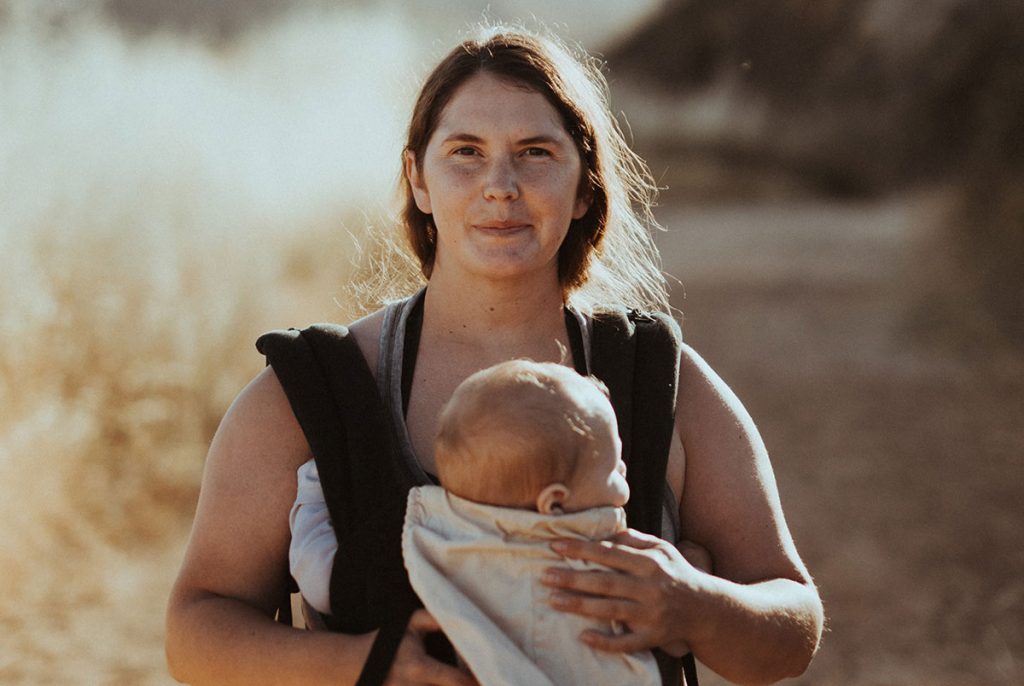
“I felt heard, understood and that I wasn’t going crazy... I wish everyone in a family violence situation could access and benefit from this course and the support services around it.”
- Domestic Violence Counselling client
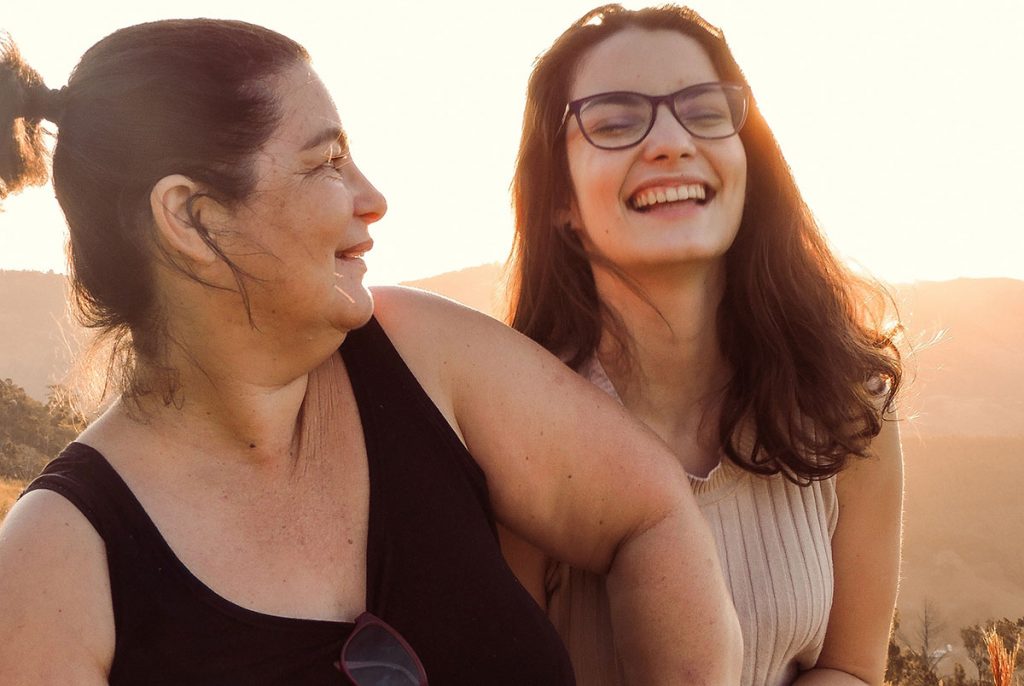
“The best thing about Relationships Australia NSW is that there are multiple services (individual counselling, separated parent relationship programs, family dispute resolution) which are interlinked and it is great to find everything in one place. Without Relationships Australia and its staff, I wouldn’t be where I am. Having escaped domestic violence with the support of my counsellor, maybe I wouldn’t have been here anymore to answer this.”
- Domestic Violence Counselling client
24/7 Emergency Numbers
Need urgent help? Relationships Australia NSW is not a crisis service, but there’s a range of organisations that can help you.

